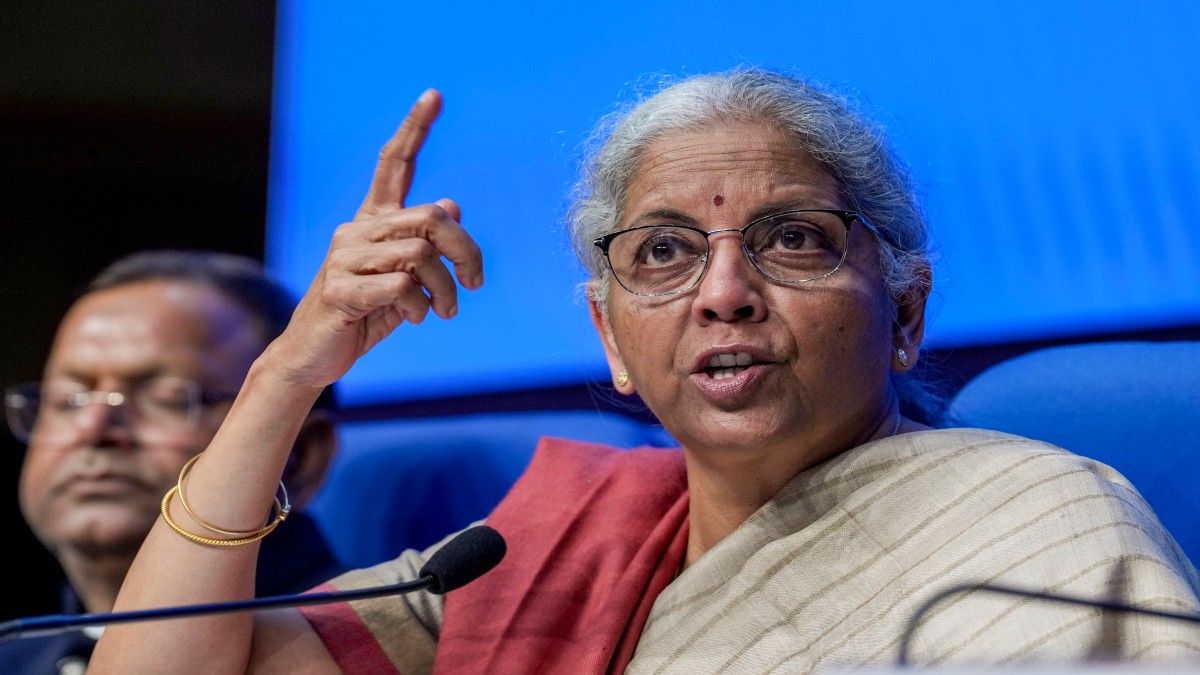Union Finance Minister Nirmala Sitharaman presented her eighth consecutive budget on February 1, 2025, making her the only finance minister in Indian history to achieve this milestone. The budget also represents the first full-fledged financial plan under the Modi government 3.0. With a clear focus on “Gareeb, Youth, Annadata, and Naari” (Poor, Youth, Farmers, and Women), Budget 2025 aims to provide relief, economic opportunities, and financial security to these key segments of society.
Recognising the significant contributions of the middle class, the Government of India has consistently reduced their tax burden over the years. The ‘Nil-Tax’ slab has been progressively increased from Rs2,50,000 in 2014 to Rs5,00,000 in 2019 and further to Rs7,00,000 in 2023. As a strong commitment towards the middle class, the government has proposed new reforms in personal income tax in Budget 2025, making the new tax regime more attractive for taxpayers. These changes aim to enhance ease of compliance, encourage higher investments, and promote employment generation.
While there were speculations about modifications in the Old Tax Regime, the government has chosen to keep it unchanged. Instead, it has focused on making the New Tax Regime more appealing. Over the past few years, several enhancements have been introduced, and Budget 2025 continues this trend. Below is a comparison of the tax rates provided in the Old Tax Regime, New Tax Regime (FY 2024-25), and New Tax Regime (FY 2025-26):
TABLE
For those who prefer the old tax regime, the status quo remains unchanged. This means taxpayers can continue to benefit from exemptions and deductions such as:
Impact Shorts
More ShortsHouse Rent Allowance (HRA)
Deductions under Section 80C, 80D, and 80E
Interest deduction on home loans
Leave Travel Allowance (LTA), and more
Budget 2025 has introduced key changes in the New Tax Regime to make it more appealing. One of the most notable highlights is the increase in tax rebate eligibility:
The tax rates have been reduced in certain income brackets
The highest tax rate of 30% now applies only to incomes above INR 24,00,000
Tax rebate has been raised to INR 60,000 (earlier INR 25,000), applicable to individuals with total income up to INR 12,00,000 (earlier INR 7,00,000)
As a result, individuals earning up to INR 12,75,000 (including a Standard Deduction of INR 75,000) will pay zero tax, provided their income excludes capital gains or other special rate incomes.
The threshold for claiming marginal relief has also been increased from INR 7,00,000 to INR 12,00,000.
According to tax returns statistics released for AY 2024-25 8.75 crore individuals have filed their Income Tax Returns (ITRs) and 72% of taxpayers opted for the New Tax Regime. With the latest enhancements, the government aims to make the New Tax Regime more lucrative, encouraging even more taxpayers to shift towards it. While the New Tax Regime is being actively promoted, taxpayers should carefully assess both regimes based on their investment preferences, deductions, and financial goals before making a decision.
Opt for old tax regime, if:
You claim high deductions under 80C (Investments), 80D (Health Insurance), or Home Loan Interest, etc.
You benefit from HRA, LTA, and other exemptions
Your total taxable income is significantly reduced after deductions
Stay in New Tax Regime, if:
You prefer lower tax rates with no hassle of claiming deductions
You do not make significant tax-saving investments
Your income falls within INR 12–20 lakh, where the new rates offer better savings
The proposed tax amendments will result in a revenue loss of approximately INR 1 lakh crore. However, the government is prioritising long-term economic growth over immediate revenue collection, reinforcing its intent to simplify taxation, enhance compliance, and increase disposable income for taxpayers. With Budget 2025, the government has reaffirmed its commitment to taxpayer-friendly policies, aiming for a simplified, fair, and growth-oriented tax system for India’s economic future.
the author is Partner & Sarthak Prashar, Associate Director at Grant Thornton Bharat LLP. Views expressed in the above piece are personal and solely those of the author. They do not necessarily reflect Firstpost’s views.


)

)
)
)
)
)
)
)
)



